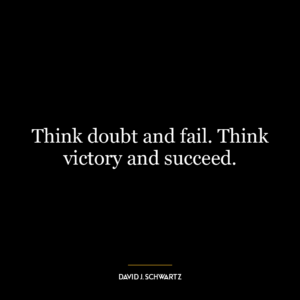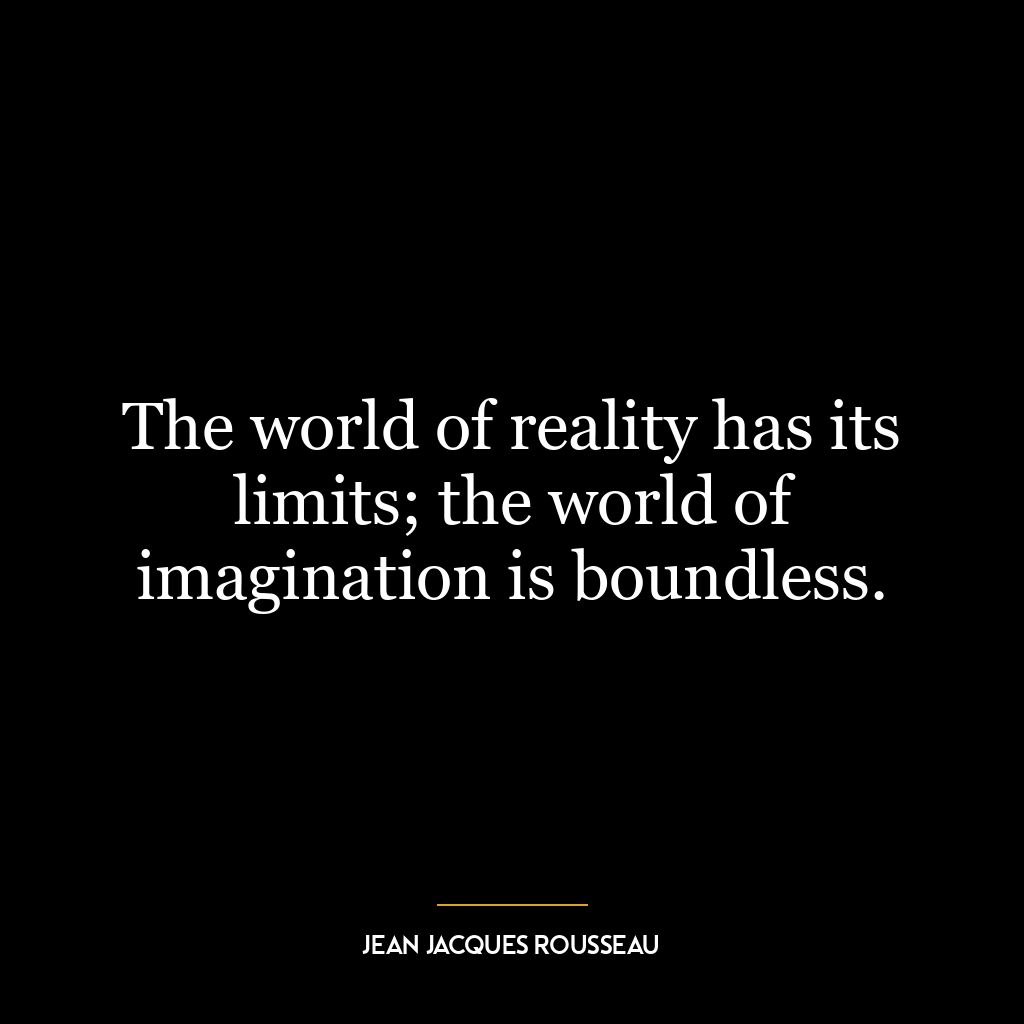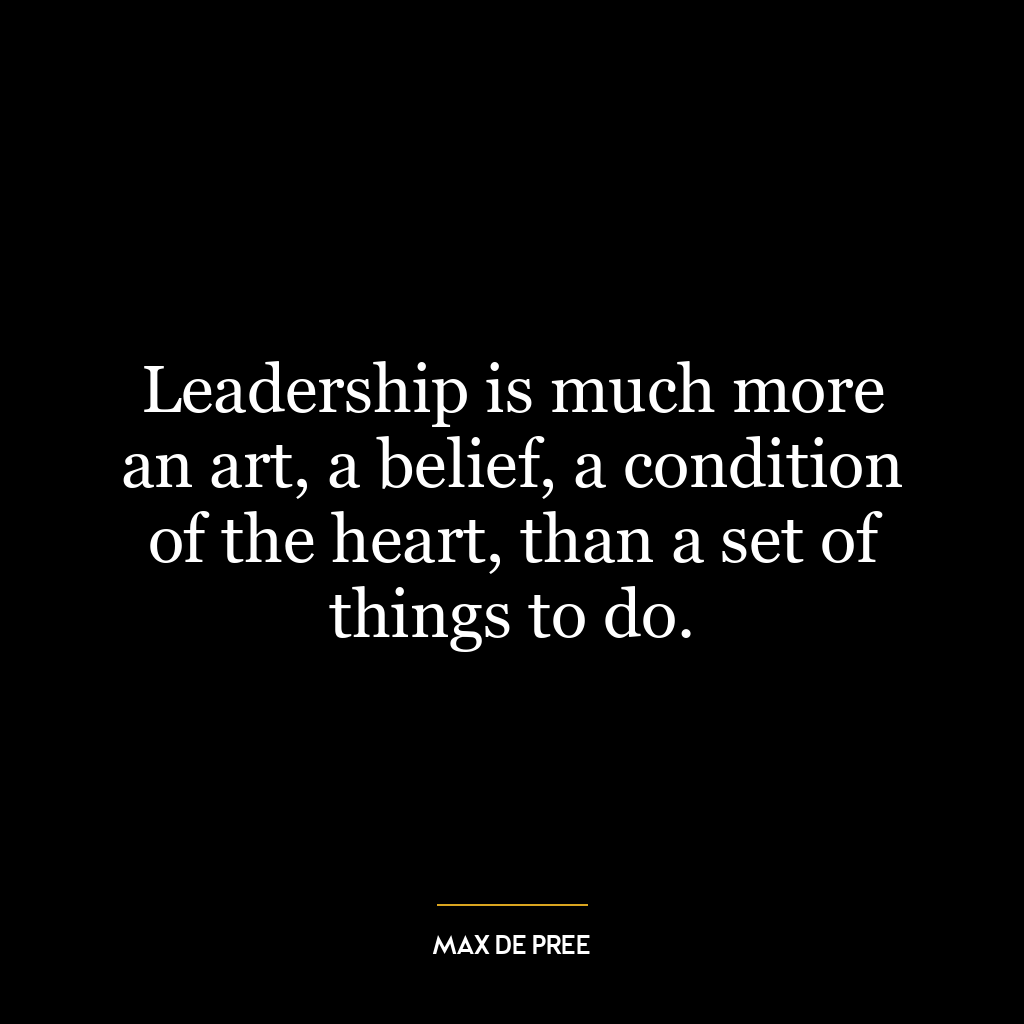The thought “It’s impossible” sets off a chain reaction of other thoughts to prove you’re right.
This quote suggests that our mindset and beliefs have a powerful impact on our actions and outcomes. The moment we think something is impossible, our mind begins to generate reasons to justify this belief, creating a self-fulfilling prophecy. This is because our brain is wired to seek consistency between our beliefs and reality.
For instance, if we believe that we cannot achieve a certain goal, we start to produce reasons such as lack of resources, skills, or time. These thoughts then impact our behavior, leading us to act in ways that align with our belief of impossibility, thereby resulting in failure or non-achievement. Conversely, if we believe that we can achieve something, our mind will generate ways to make it possible, driving us to take actions that lead to success.
In today’s fast-paced and competitive world, this quote is highly relevant. Many challenges, be it in technology, healthcare, environment, or social issues, are often deemed ‘impossible’ initially. But history has shown that these ‘impossible’ challenges have been overcome by those who believed they could be solved. This underscores the importance of maintaining a positive and open mindset in the face of adversity.
In terms of personal development, this quote emphasizes the power of positive thinking and self-belief. If we want to grow and succeed, we need to believe in our abilities and potential. Instead of thinking “it’s impossible” when faced with a daunting task or goal, we should think “it’s possible” and “how can I make it possible?”. This shift in mindset can open up new pathways for learning, growth, and achievement.
Moreover, this idea is also at the heart of cognitive behavioral therapy (CBT), a widely used psychological treatment. CBT is based on the idea that our thoughts influence our feelings and behaviors. Therefore, by changing our negative thought patterns (like “it’s impossible”), we can change our feelings and behaviors, leading to improved mental health and quality of life.












